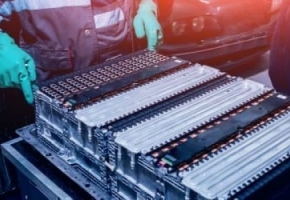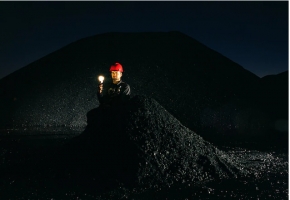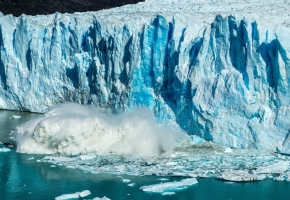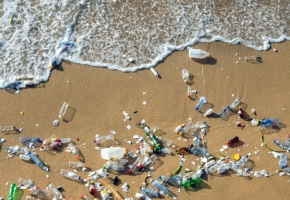Chinese researchers develop new membrane for uranium extraction from seawater

A team of Chinese researchers has recently developed a bioinspired film with extremely small pores to extract uranium from seawater more effectively.
There are more than 4 billion tonnes of uranium in seawater, about 1,000 times as much as uranium deposits on land. But the current processes for uranium extraction from seawater is neither economically viable nor efficient enough to compete with uranium ore mining.
The research team from the Technical Institute of Physics and Chemistry, affiliated with the Chinese Academy of Sciences, developed a type of hierarchical porous membrane which is inspired by the fractal structure in biology.
Fractal structures are ubiquitous in nature, such as branching tubes of animal and plant vessels. Such structures can realize favorable mass and fluid transfer with minimal energy consumption.
This biomimetic membrane allows for rapid diffusion and sufficient adsorption of uranyl ions through a hierarchical porous structure, compared with a common porous membrane. Tests showed that this new type of membrane can increase the adsorption capacity up to 20 times.
In natural seawater, one gram of such membrane can extract as much as 9.03 milligram uranium after four weeks' test.
The research was published in the journal Nature Sustainability.
Source: Xinhua
Image։ Technical Institute of Physics and Chemistry







